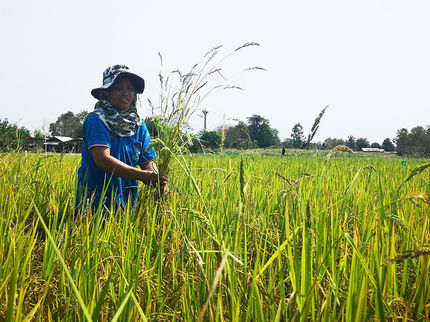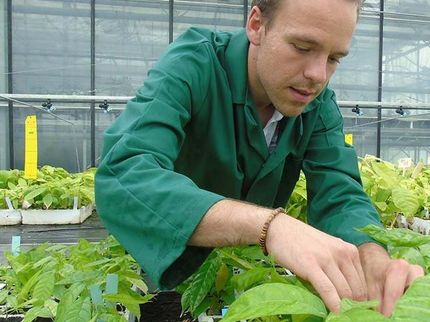Plant-based ‘beef’ reduces CO2 emissions but threatens 1.5M ag jobs
Plant-based alternatives to beef have the potential to help reduce carbon dioxide emissions, but new economic models show their growth in popularity could disrupt the agricultural workforce, threatening more than 1.5 million industry jobs.

Ann1992 / Pixabay
By embracing meat protein alternatives, U.S. food production could reduce its agricultural carbon footprint between 2.5% and 13.5%, mostly by decreasing the number of cows needed for beef production by two to 12 million, according to new research published by Cornell University, Johns Hopkins University and international partners.
Acting to reduce climate change is important, the researchers said, but technological disruption can have many consequences – both positive and negative – across the economy, such as the issue of livelihoods, working conditions, human rights, fair wages and health equity.
“A reduced carbon footprint and increased food system resource-use efficiency are reasons alternative proteins could be in a portfolio of technologies and policies to promote more-sustainable food systems,” said lead author Daniel Mason-D’Croz, a senior research associate at Cornell.
“Still, plant-based alternatives to beef are not silver bullets,” he said, “with their impact on other environmental dimensions of the food system – such as total water use – ambiguous.”
The researchers explored the potential disruption of plant-based beef alternatives by comparing the economic consequences under a range of scenarios, where plant-based beef alternatives replaced 10%, 30% or 60% of current U.S. beef demand.
“In the aggregate, food system changes would have a small, but potentially positive impact on national gross domestic product,” said Mason-D’Croz.
“But these changes would not be felt equally across the economy,” he said, “with substantial disruptions observed across the food system, particularly in the beef-value chain, which could contract substantially by as much as 45% under the 60%-replacement scenario – challenging the livelihoods of the more than 1.5 million people employed in these sectors.”
“There are good reasons for regulators and policymakers to encourage these up-and-coming technologies,” said senior author Mario Herrero, professor of sustainable food systems and global change. “Politicians must remain aware of unintended negative consequences and commit to mitigating changes that are ethically concerning, including harms to disadvantaged workers and hard-hit local communities and small producers.”
Original publication
Other news from the department science

Get the food & beverage industry in your inbox
By submitting this form you agree that LUMITOS AG will send you the newsletter(s) selected above by email. Your data will not be passed on to third parties. Your data will be stored and processed in accordance with our data protection regulations. LUMITOS may contact you by email for the purpose of advertising or market and opinion surveys. You can revoke your consent at any time without giving reasons to LUMITOS AG, Ernst-Augustin-Str. 2, 12489 Berlin, Germany or by e-mail at revoke@lumitos.com with effect for the future. In addition, each email contains a link to unsubscribe from the corresponding newsletter.



























































